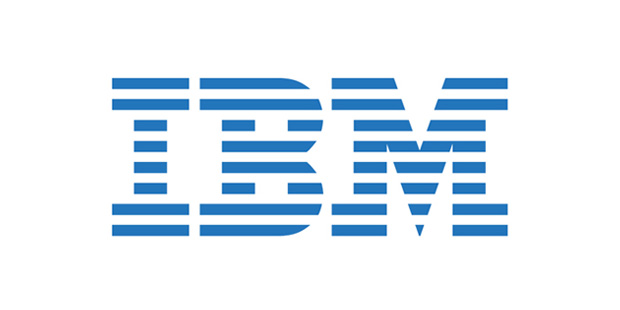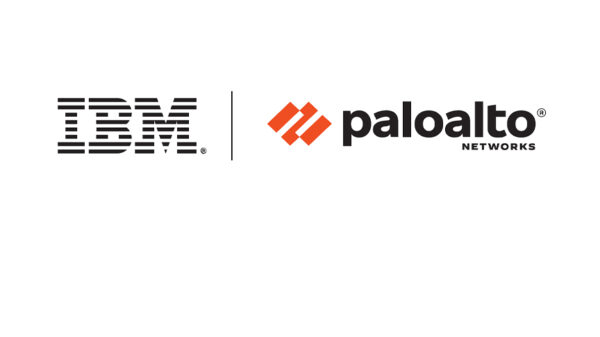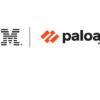IBM Philippines has launched Analitika, a consortium with a vision of enabling the Philippines become the global center for smarter analytics.
Analitika will serve as a governing body designed to define, develop, enhance, promote, nurture and sustain analytics as an industry. A social and professional organization of private, public and academic institutions and individuals who are interested in the science and practice of analytics, it will define the new professions that will be required by the transformed industries and ensure the availability of the required talent.
“Being a global center means that the Philippines will be home to top consulting, technical and support skills for the sales, solutions and delivery of advanced business analytics globally and will be a core point of knowledge and responsibility for business analytics where best practices will be developed and implemented,” said Mariels Almeda Winhoffer, President and Country General Manager of IBM Philippines. “Being a global center means, our companies in the Philippines will, in a concerted fashion, leverage the power of analytics to capture global market opportunities.”
The increasing demand for analytics which can help businesses gain competitive advantage and make the best decisions creates a huge market opportunity. The global market opportunity for analytics is estimated at $212-billion, of which the Philippines is positioning itself to capture the $283-million. The Philippines is also well-positioned to supply the needed global workforce of four million.
In terms of doing services – minus software and hardware – the market potential is about $7-billion or 10% of the $70-billion global big data analytics services.
Analytics can help fuel the economy by providing employment. According to Gartner, it is estimated that by 2015, 4.4-million jobs have been identified globally but only 70% of this will require supply or will be served.
Winhoffer said that all industries are using analytics as it provides many capabilities. This is very pronounced in the telecommunications and banking sectors where enormous amount of data are converted into useful information that are needed in making better business decisions.
Meanwhile, declaring the government’s support for analytics as the next growth industry for the country, Department of Trade and Industry Secretary Gregory Domingo said, “Data analytics is where you put a lot of intelligence in mining data. If properly analyzed, (it) would be put to a lot of productive use like helping companies make good decisions out of the data. There is a very good chance we will give it a big shot to make Philippines become (the) data analytics hub of the world.”
Domingo, who is credited for bringing BPO into the Philippines, is currently working with industry leaders to help promote the country as the destination for analytics.
Department of Science and Technology Secretary Mario Montejo is also promoting the use of analytics to solve socio-economic challenges through R&D, particularly in the areas of weather prediction, agriculture, genomics and disaster management.
Similarly, under the leadership of Commission on Higher Eduction Secretary Patricia Licuanan, the Philippines became the first country to declare Analytics as a profession that is incorporated in the undergraduate curricula for Business and IT. Today, analytics courses are introduced to select universities and colleges including the University of the Philippines, Ateneo de Manila University, De La Salle University, Asian Institute of Management and Asia Pacific College. By 2015, the Philippines have produced graduates that are ready to take on the industry requirements for analytics.
According to Winhoffer, the Philippines is competing with India, China and Singapore, where the latter focuses on Masters program which requires higher level of skills while we are concentrating on college degree and associate programs.
The Philippines is perfectly positioned to exploit the opportunities brought by analytics due to its increasing literacy rate, excellent English, fastest growing economy and being the BPO capital of the world.
A roadmap is currently being prepared by the consortium to be completed within six to eight months with the aim of creating the required critical skills and make analytics recognized.
The consortium has nine founding members who are known in the industry where they belong. These include ABS-CBN, BPI, IBM, IMI, Meralco, Shell, SM Retail, Smart/PLDT, and SunLife of Canada. Its government advisory consists of the DTI, DOST, andCHED.



















































































































